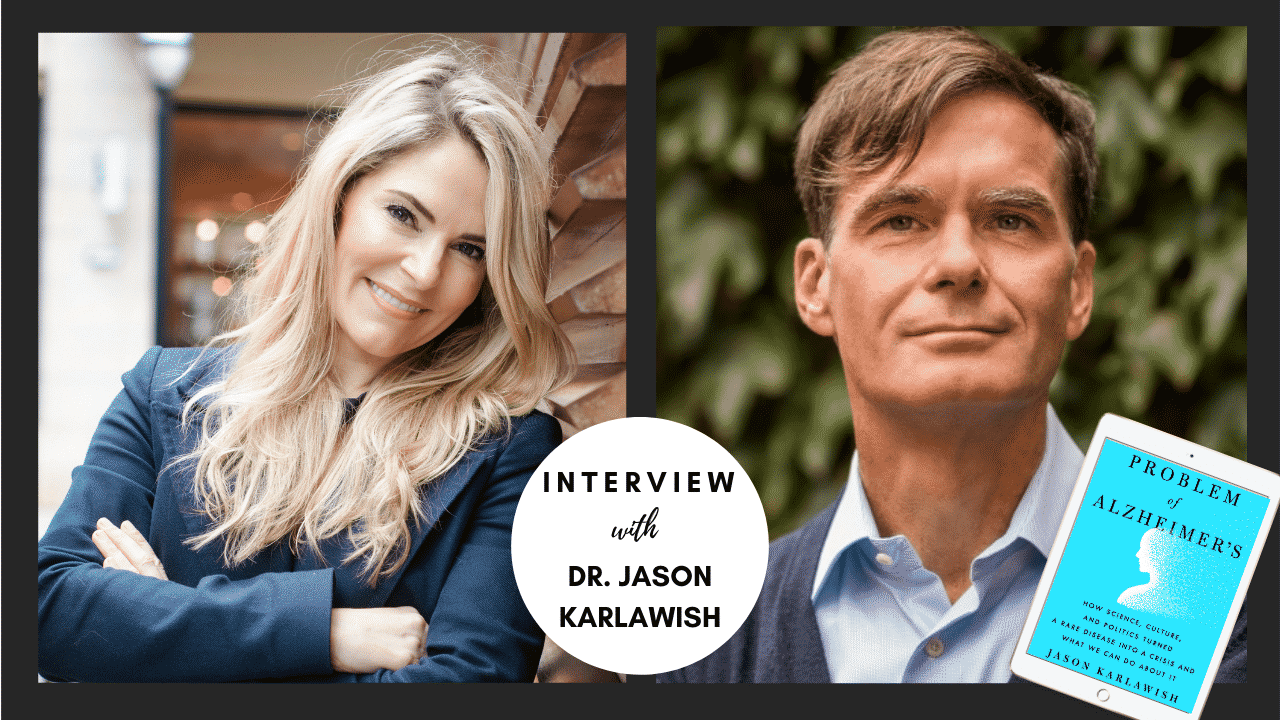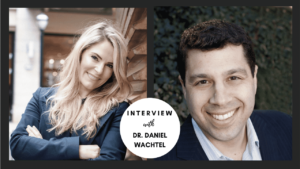With so many questions about the difference between mild cognitive impairment versus dementia versus Alzheimer’s Disease, we’re glad to have experts like Neurologist, Dr. Jason Karlawish, to provide answers and share tips for staving off dementia when you have mild cognitive impairment.
Dr. Karlawish also implores the healthcare system, pharmaceutical companies, and society at large to change the way we practice inclusion of people living with cognitive disorders.
Whether you’re a professional, a family caregiver, or person living with dementia, or all three, this is an interview you don’t want to miss.
In today’s interview, Dr. Jason Karlawish, Neurologist and Co-Director of the Penn Memory Center answers some of your burning dementia questions, like:
- What is mild cognitive impairment?
- Describe the difference between Mild Cognitive Impairment Vs. Dementia Vs. Alzheimers.
- What are the best tips for staving off dementia when you have mild cognitive impairment?
- What are the pros and cons of an early diagnosis of a dementia disorder, like Alzheimer’s Disease?
We don’t stop there. Dr. Karlawish and I deepen our discussion reflecting on how we, as a society, value human life. We discuss:
- Why dementia should be seen as a disability that deserves accommodations
- Why we need to stop using harmful metaphors (e.g., “zombie, “vegetable”) of people living with dementia.
Here are the time markers of my interview with Dr. Jason Karlawish:
- [05:16] Dr. Karlawish shares his personal and professional experiences that led him to specializing in cognitive disorders.
- [08:50] Learn the difference between Mild Cognitive Impairment (MCI) Vs. Dementia Vs. Alzheimers
- [11:55] Get the answer to the question: What percentage of people with Mild Cognitive Impairment (MCI) go on to develop dementia?
- [13:19] What can people with MCI do to stave off dementia?
- [19:24] Learn the pros and cons of early diagnosis of dementia.
- [27:34] Why we need to see dementia as a disability that deserves accommodations.
- [29:40] When ageism and ableism intersect, there is double jeopardy for older adults living with dementia. Raising your awareness can change this, learn more here.
- [36:14] There are many harmful metaphors used to describe people living with dementia, including “zombie” and “vegetable”. Learn more about the toll these harmful terms take.
Watch the video clip of our interview where Dr. Karlawish and I discuss mild cognitive impairment versus dementia and what you can do to stave off dementia when you have mild cognitive impairment?
About Jason Karlawish, MD
Jason Karlawish is a physician and writer. He researches and writes about issues at the intersections of bioethics, aging, and the neurosciences. He is the author of the recently published book, The Problem of Alzheimer’s: How Science, Culture, and Politics Turned a Rare Disease into a Crisis and What We Can Do About It his essays have appeared in The New York Times, The Washington Post, Forbes and the Philadelphia Inquirer. He is a Professor of Medicine, Medical Ethics and Health Policy, and Neurology at the University of Pennsylvania and Co-Director of the Penn Memory Center, where he cares for patients.
- Learn more about Jason Karlawish on his website
- Buy a copy of Jason’s book
Resources mentioned in this interview






